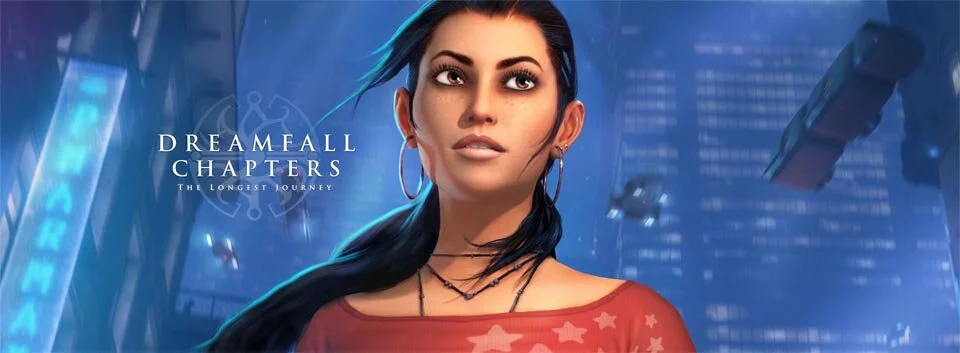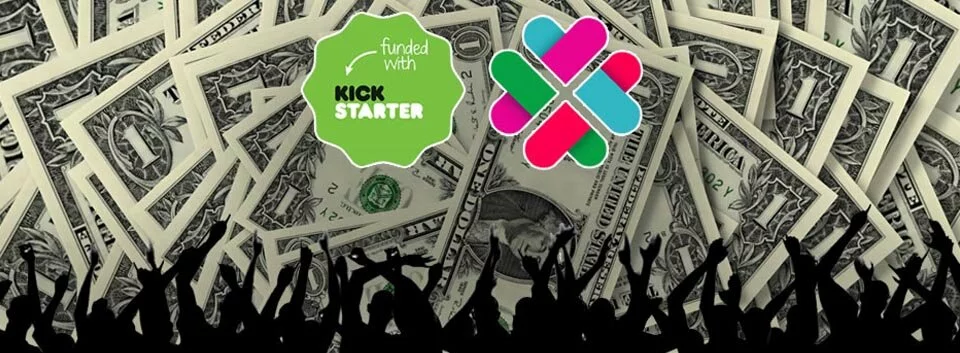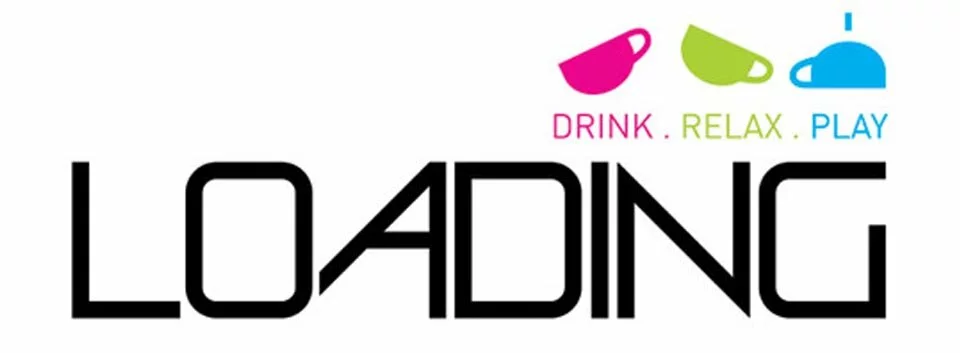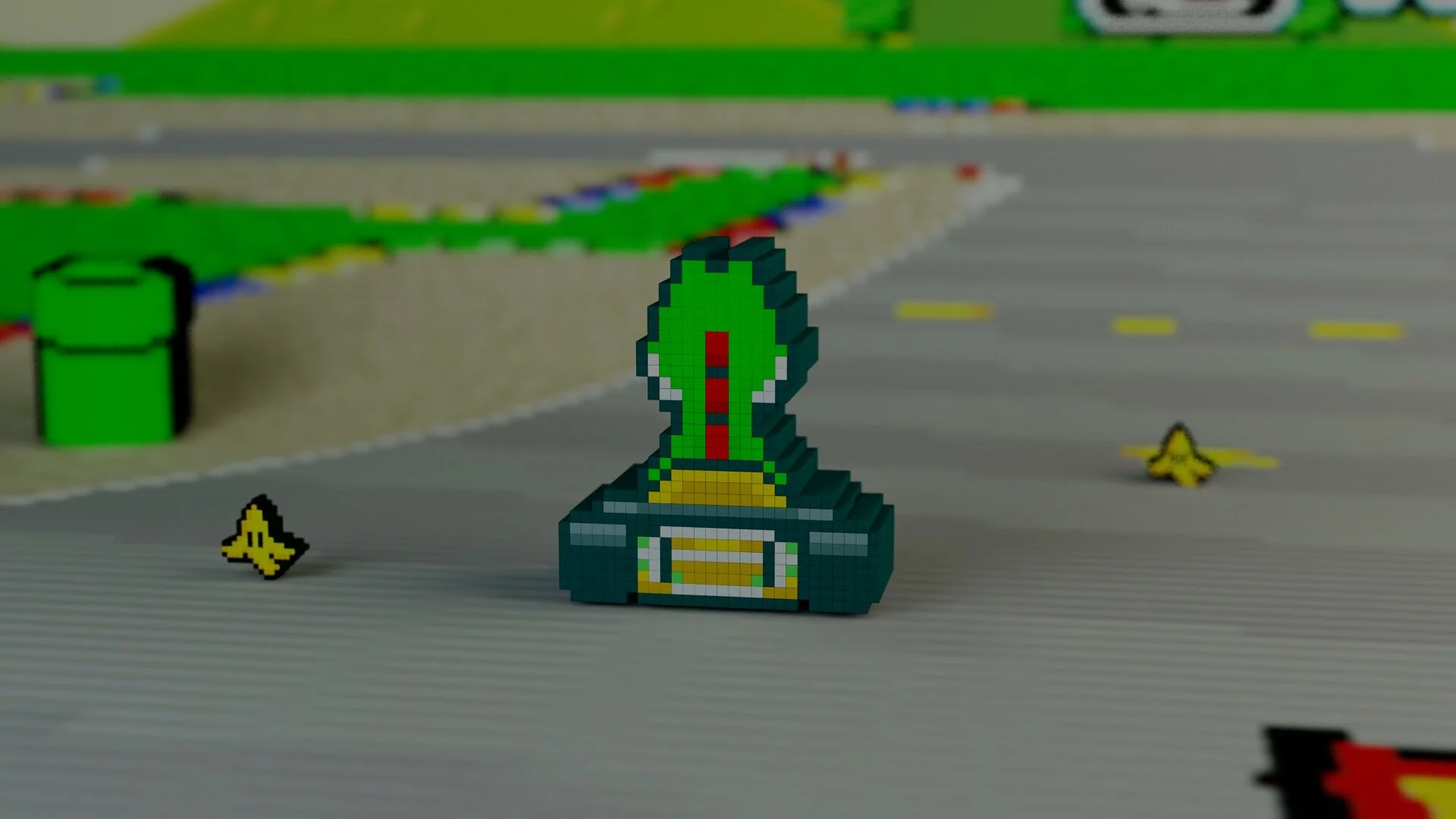By Ryan Syrett
I love the concept of crowd funding. The whole idea that we as customers can help an entity push away from controlling industry fat cats or exuberant bank loans, is something that I believe is not only a breath of fresh air within most trades but it is also a very interesting approach of letting us as consumers choose how much we are willing to pay for a product.
The negative for us however is how do we know we are getting exactly what we paid for? Are we willing to concede that we are taking a gamble for using the kindness of our hearts and wallets to fund something that we essentially have no guarantees will ever be up to scratch? After all Kickstarter, Indiegogo and other such sites do explicitly state they cannot and will not govern their campaigners after funding.
For me personally, I fund anything that motivates or inspires me. Red Thread’s Dreamfall/Longest Journey for example is a videogame series that affected a large chunk of my teenage years. Stumbling over the two older stunningly deep and palatable titles years ago will remain in my memory forever. It affected me to the point where I actively followed writer/director Ragnar Tørnquist’s website in the hope of somehow getting some closure on one of the most open endings to a game series.
Years ago, Ragnar’s idea for a sequel was to create a chapter driven downloadable title. I imagine this was to create a self-funding end to the trilogy; one that would not require as much initial cash has as a ‘full’ game. That slowly faded away and he subsequently moved on to other projects. So when the Dreamfall: Chapters kickstarter rocked up in early 2013 I more than happily donated $25 under the guise that I would receive some wallpapers, a badge for the developers forum and a copy of the game on release. Essentially the badges and wallpapers are just a nice little bonus, what really mattered to me was that I would obtain a copy of the game upon release.
I was happy to pay Ragnar and his team $25 for two reasons:
1) $25 isn’t exactly wallet breaking
2) After playing his games and following his website for many years, I trust him.
Trust, now that is a funny word. I can honestly say I don’t trust many people in this life. Its not that I am openly rude or vindictive toward humanity but my career background lies in purchasing, while concurrently dicking about in the games journo ‘biz’. The one constant that ties these two worlds together is salesmen.
In the real world I work with Reps (Or Account Co-ordinators) on a daily basis that the majority of the time earn a percentage of what ever it is they are selling. Quite frankly it takes a very special kind of person to do that job, one that I am ill equipped to perform. While not neglecting just how skilled and quick thinking you would have to be to work in that area, I do have a very hard time figuring out just how these shark toothed monsters sleep at night. On the other half of the landscape as a ‘journalist’ we get invited to many, many preview/party events by Public Relations and Community Managers who’s job it is to essentially build and grow a brands following. Although this sounds far more wholesome when you boil down the concept it is to essentially leave a previewer or community member with big smiles on their face. Who will then in turn release content and positive chatter based on how good a product is, or to put it simply ‘sell’ an experience to you.
While I have met some very nice members of both professions I can never shake the idea that these people earn their money based on selling the consumer something. For the simple reason they have to put food on their table and sadly this means having to ‘sell’ anything, no matter how poor the actual product is (imagine trying to be the sod flogging Medal of Honour or Dead Island).
I think (or hope) that when it comes to crowd funding essentially all that pesky moral salesman-esq shenanigans go away…kinda.
On the top level the consumers need to be sold into applying our money to a project. At this point however good crowd funded developers seem to work on an understanding of clarity between the consumer and themselves. Updates, perks, videos and early builds can all be utilised to offer the general insight into the process. Although this can be seen to mirror the general practice of traditionally created games, you have to bear in mind that when we see videos, concepts and demos these have been brewing for months, often years before they are released to the public. Most of the time to extremely calculated sales plans with a butt-load of advertisement money to boot.
Once you add the notion that the customer can pay any amount of money they want to help fund something and reflect that against the ‘real’ way of a customer paying full whack for a finished game or service in-which they are often burned, you can see how honesty can be the best policy for the longevity of a company using crowd sourcing as a legitimate business model. Essentially the whole thing is built on the pretence that the customer needs to trust you.
However, as with everything in life there are arseholes and false truths. The people who genuinely think that its ok to lie to people who have placed a certain amount of trust (and money) with them.
I have been stung by arseholes twice.
The first was very sadly by a friend of mine, James who runs the Loading Bar in Soho. It is a great little coffee/cocktail bar in London which hosts weekly board gaming nights, events and ran a very successful ‘Etwoo’ event in which a bunch of influential industry buffs held talks and gave commentary during E3 and other tomfooleries. The place is essentially a gaming mecca of London and James has worked extremely hard to achieve this goal, to the point where I could not be more proud of him.
The funding issue is that to open his place in London he used Indigogo to raise $50,000 to help open shop. Within this he offered a multitude of perks, ranging from a free drink all the way up to a private party laden with over 100 drinks, a DJ and bar staff. I paid $40 and was perked with a free drink, recipe card and a t-shirt created by Insert Coin Clothing, the latter two of which I have never received.
Now I think it is very important to take a step back and be completely clear about this: James has been very good to me, before he even opened a shop in London he had sent multiple batches of his special blended coffee and furnished me with many a free drink. So honestly, on a personal level I really couldn’t care about a t-shirt. However as a funder what I do care about is that I have never received an email or update explaining to me has gone wrong at Loadings end. Why have these items not been dispatched? Was there an internal issue that I should know about? How many people have been affected and most importantly is there a fix?
What makes it worse is that I am not the only one. Just a glance at Loading’s Indiegogo comments page sums up the scope of the issue here. Worryingly I also know multiple people who have chipped into to help fund this project, one of which donated $110 to James (this perk includes a round of free drinks, some coffee, a hoodie and a Turtle Beach Ear Force DSS unit). He lives up north, is never likely to visit the store he helped fund, doesn’t personally know James or Loading, has had multiple contact with James stating the perks are being sent but strangely only received a 12 month Xbox sub and some coffee. When you put this in perspective he has essentially giving Loading Bar a bunch of free money and in return received an item he never asked for which is a fraction of the value his ‘perk’, a broken promise, half truths and no real update on what is actually happening.
The second sting from crowd funding I received came in the guise of an indie developer named Chloe Sagal who had a life threatening illness. Friends put me on to her from The Indie Stone (Project Zomboid) and frankly having met them and knowing the amount of shit they have gone through I trust those guys almost indefinitely. With no reward needed I pledged some cash, sometimes it’s just nice to be nice, right? Sadly things began to unravel and after a very public and turbulent bit of internetting (that I don’t really want to write down and can be found here) it quickly turned out that the whole thing was part of a very sad and very real issue.
The whole saga was very traumatic and it was a shame to watch the Internet attack, point and maim someone who was clearly already hurting enough. It doesn’t take away from the fact that Chloe should have known better, but at the same time we need to learn how to react to things with greater understanding. Sadly the Internet always has someone willing to push the big red panic button and there are many people willing to stand in line to have a go after.
I think what I am trying to hit home here is that if you are going to ask people for hand-outs because you want to create something, then don’t be a dick about it. Be smart; give your funders something they really deserve or a motive to trust you. After all, the only reason you are able to proceed with your goal is due directly from the kindness of other people’s hearts.





